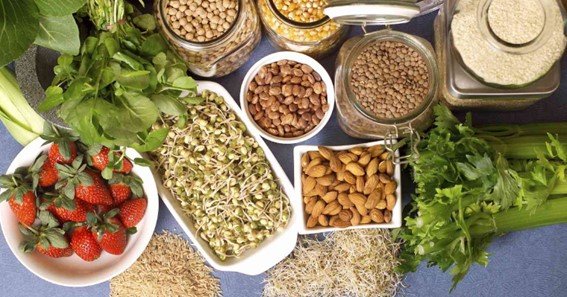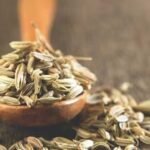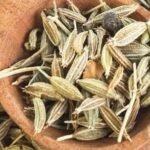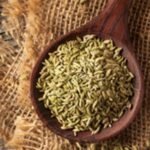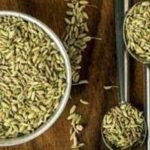Learn the benefits of water-soluble fiber, how it works, and why it’s important for your health. Add more water-soluble fiber to your diet for better digestion and heart health.
What Is Water-Soluble Fiber?
Water-soluble fiber is a type of dietary fiber that dissolves in water to form a gel-like substance during digestion. This gel slows down the absorption of nutrients and helps regulate blood sugar levels, improve digestion, and lower cholesterol. Common sources of water-soluble fiber include oats, beans, fruits like apples and citrus, and seeds like chia and flax.
Why You Should Add Water-Soluble Fiber to Your Diet
Water-soluble fiber offers multiple health benefits, making it an essential component of a balanced diet. Here’s why you should include more water-soluble fiber:
- Lowers Cholesterol: Soluble fiber binds with cholesterol in the digestive system and helps remove it from the body, reducing total and LDL (bad) cholesterol levels, which are key risk factors for heart disease.
- Improves Blood Sugar Control: By slowing down the absorption of sugar, soluble fiber helps prevent blood sugar spikes, making it especially beneficial for people with type 2 diabetes
- Aids in Digestion: It softens stool and promotes regular bowel movements, which can alleviate constipation and symptoms of irritable bowel syndrome (IBS).
- Supports Weight Management: Because soluble fiber slows digestion, it helps you feel fuller for longer, reducing hunger and aiding in weight control.
- Promotes a Healthy Gut: Soluble fiber acts as a prebiotic, nourishing beneficial gut bacteria that are essential for digestion and overall health.
How to Add Water-Soluble Fiber to Your Diet
To increase your intake of water-soluble fiber, try incorporating the following foods into your meals:
- Oats and Barley: Perfect for breakfast, oats are rich in beta-glucan, a type of soluble fiber that supports heart health.
- Legumes: Beans, lentils, and peas are excellent sources of fiber that can easily be added to soups and salads.
- Fruits: Apples, oranges, and pears are rich in soluble fiber—just be sure to eat the peels for maximum benefit.
- Vegetables: Carrots, Brussels sprouts, and sweet potatoes are great sources of soluble fiber.
- Seeds: Flaxseeds and chia seeds are nutrient-dense and can be sprinkled over yogurt or added to smoothies.
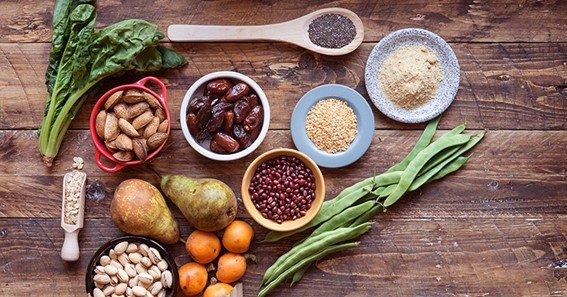
FAQ
- What is water-soluble fiber?
Water-soluble fiber dissolves in water to form a gel-like substance, slowing digestion and providing health benefits like lower cholesterol and improved blood sugar control. - What foods are high in water-soluble fiber?
Oats, beans, lentils, apples, oranges, and chia seeds are all high in water-soluble fiber. - How does soluble fiber help lower cholesterol?
Soluble fiber binds to cholesterol in the digestive system and removes it from the body, helping to lower overall cholesterol levels. - Can water-soluble fiber help with weight loss?
Yes, soluble fiber slows digestion, helping you feel fuller for longer, which can aid in weight management. - How does water-soluble fiber benefit gut health?
Soluble fiber acts as a prebiotic, nourishing beneficial gut bacteria, which supports digestion and overall health.
By incorporating more water-soluble fiber into your diet, you can enjoy a range of health benefits that promote both heart and digestive health.
